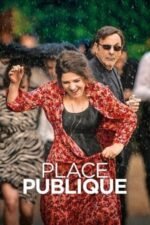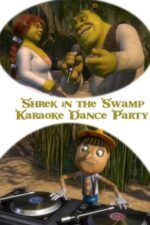More Than Just Bad Singing: Exploring Karaoke on Film
Okay, let’s talk karaoke. Not just the slightly awkward office party staple, but its surprisingly rich presence in film. It's more than just a vehicle for cringe-worthy performances (though those can be entertaining too!), it's become a potent storytelling device – a way to reveal character, build connection, and even explore deeper themes. I mean, who knew belting out “Bohemian Rhapsody” could say so much?
Think about Let’s Go Karaoke! It’s a wild ride, right? The premise itself - a gangster demanding private karaoke sessions instead of resorting to violence – is just brilliantly bizarre. But it's not just weird; it uses the act of singing, that inherently vulnerable and performative action, to peel back layers of these characters. Satomi’s discomfort, Kyouji’s unexpected tenderness…it all comes out through song. It highlights how music can be a universal language, capable of bridging even the widest divides – something I think we've all experienced in some form or another. Remember that time you and a complete stranger bonded over butchering a power ballad at a wedding? Exactly!
Then there’s Lucky Blue, where karaoke becomes a sweet, nostalgic touchstone for a camping tradition. It’s not about vocal prowess; it’s about shared history and the comfort of familiarity. The scene feels genuinely heartwarming, showcasing how seemingly small rituals can bind people together across generations. It's a lovely counterpoint to the more chaotic energy you find in A Life Less Ordinary, where karaoke is just another quirky element in the angels’ attempts to manipulate human romance – a bit like adding glitter to a slightly ridiculous plan!
And let's not forget the sheer comedic potential, as seen in Married 2 Malcolm. The escalating panic of trying to juggle two wives and a concert? Pure gold. Karaoke becomes a ticking time bomb, amplifying the absurdity of his situation. Even Shrek gets in on the act with that delightful karaoke dance party – it’s just pure, unadulterated fun showcasing the joy of friendship.
What I find fascinating is how karaoke has evolved in film. It started as a relatively niche cultural phenomenon and now functions as shorthand for vulnerability, connection, or even comedic chaos. It's become a cinematic trope, but one that continues to surprise and entertain.
So next time you’re scrolling through streaming options, consider seeking out a film featuring karaoke. You might be surprised by what you discover – it’s often more than just bad singing!

































